Membership Card Templates
-
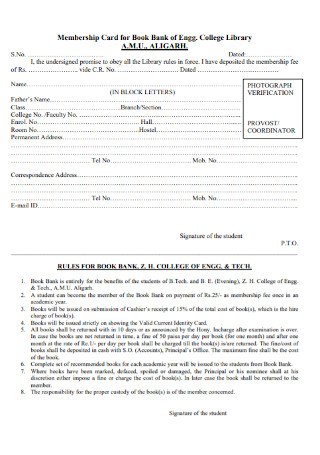
Membership Card for Book
download now -
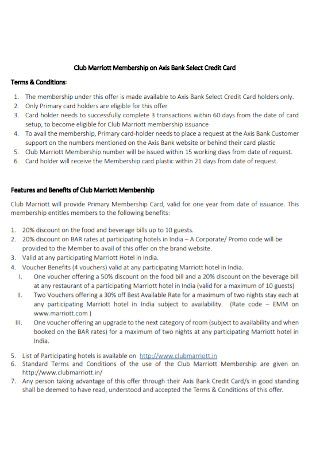
Membership Credit Card Template
download now -
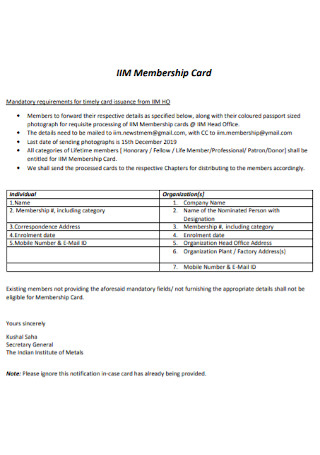
Sample Membership Card Template
download now -
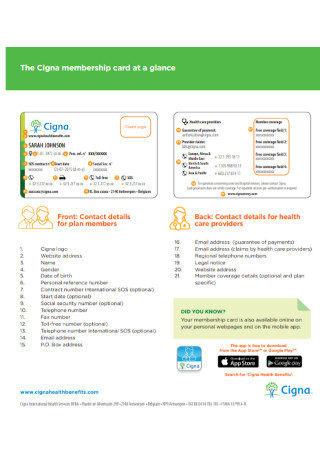
Basic Membership Card Template
download now -
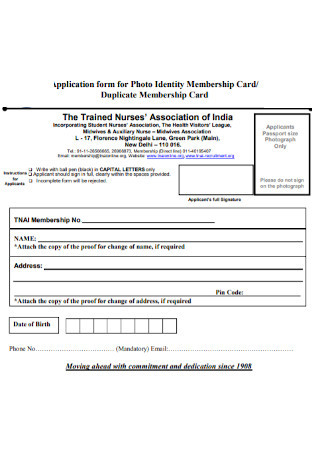
Photo Identity Membership Card
download now -
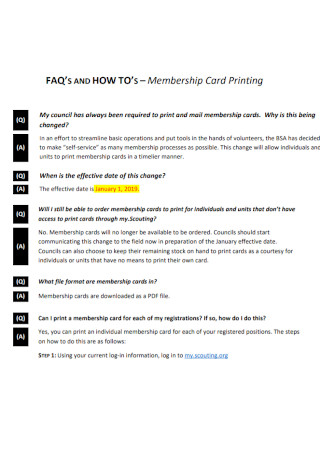
Membership Card Printing Template
download now -
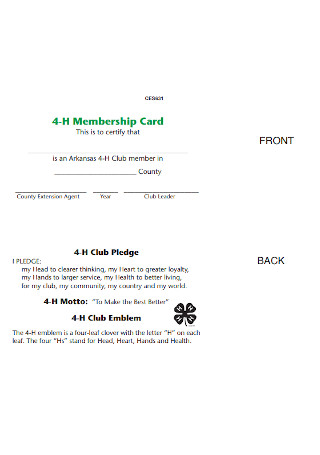
Agriculture Membership Card
download now -
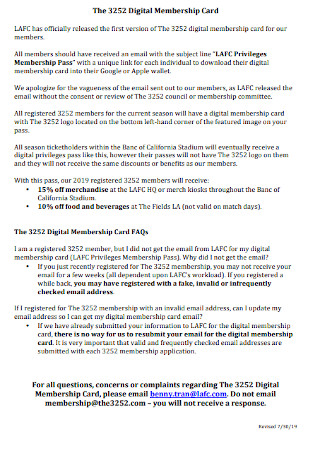
Digital Membership Card
download now -
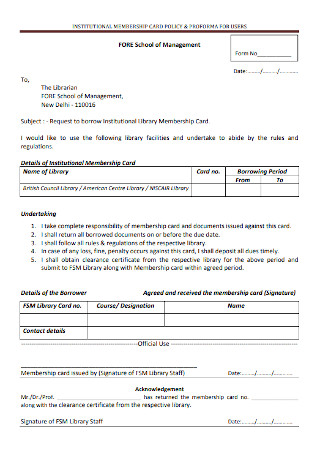
Membership Card Policy Template
download now -
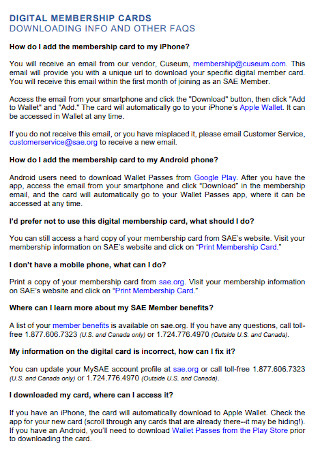
Sample Digital Membership Card
download now -
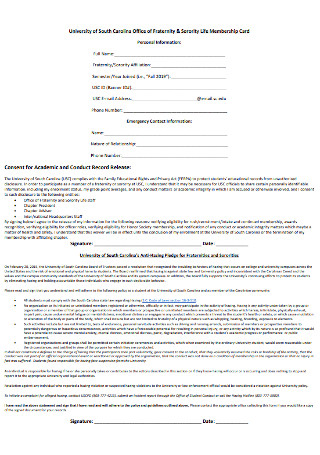
Sorority Life Membership Card
download now -
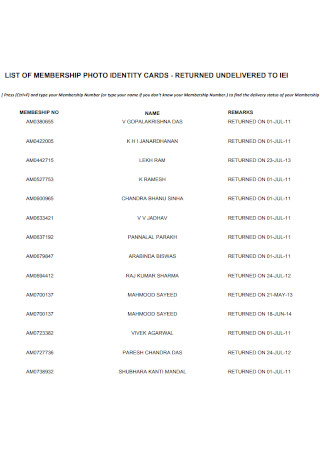
List of Membership photo Identity Card Template
download now -
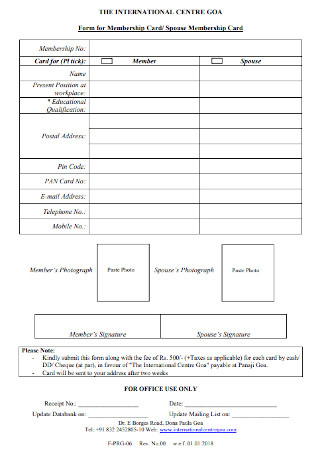
Form for Membership Card
download now -
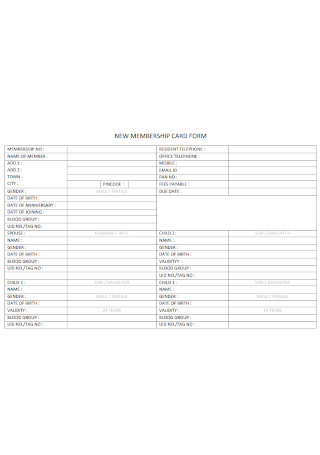
New Membership Card Form
download now -
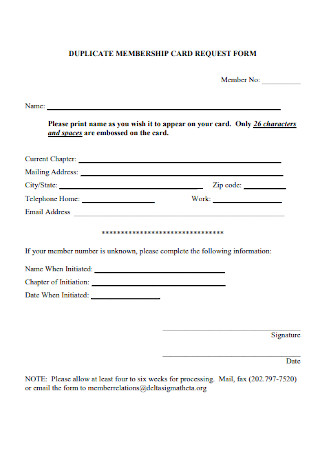
Duplicate Membership Request Form
download now -
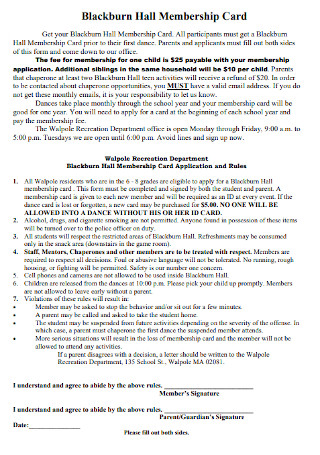
Hall Membership Card
download now -
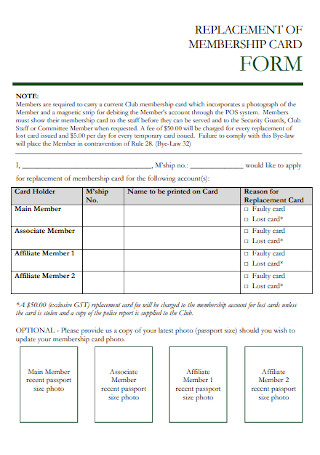
Replacement Membership Card Template
download now -
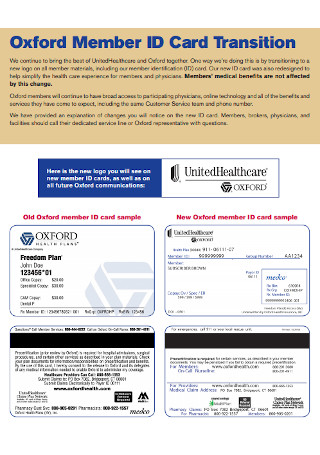
Member ID Card Transition Template
download now -
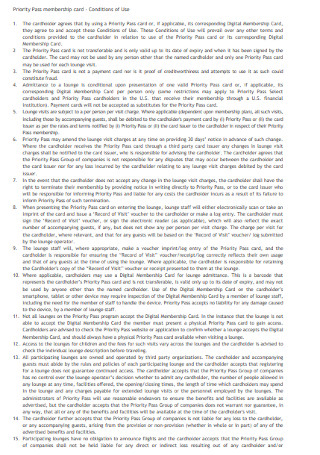
Priority Pass Membership Card
download now -
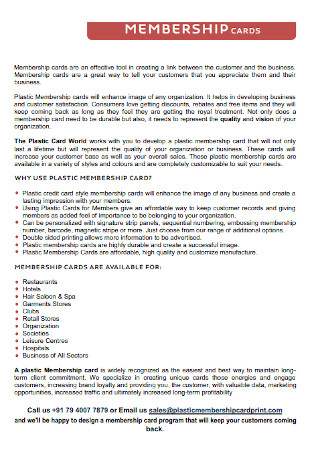
Standard Membership Card
download now -

Simple Membership Card Template
download now -
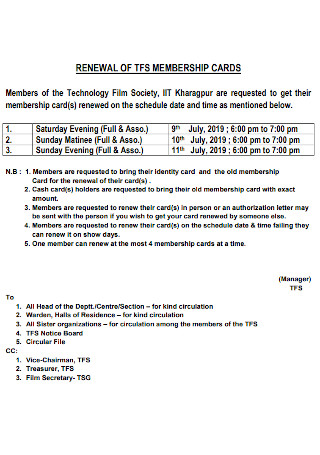
Renwal of Membership Card Template
download now -
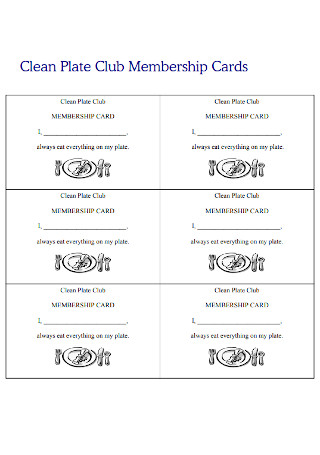
Clean Plate Club Membership Cards
download now -
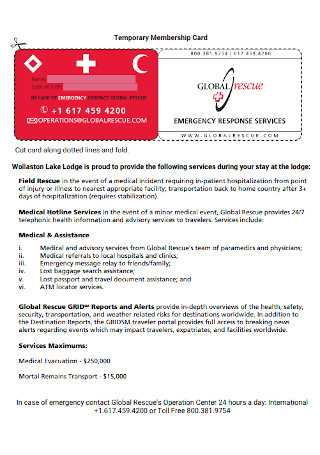
Temporary Membership Card
download now -
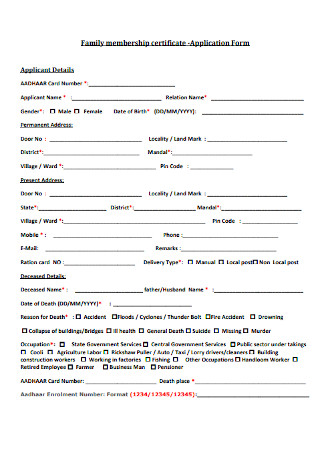
Family Membership Certificate Application Form
download now -
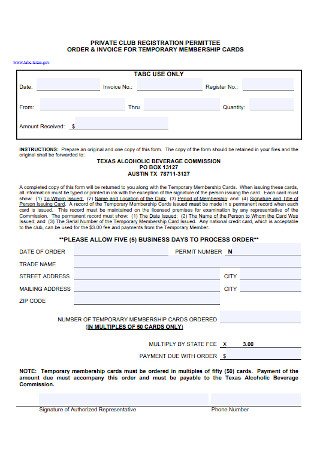
invoice for Temporary Membership Card
download now -
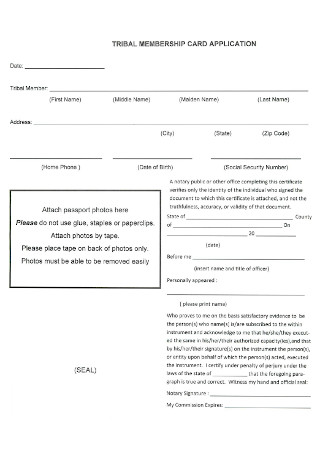
Tribal Membership Card Template
download now -

Standardd Membership Card
download now -
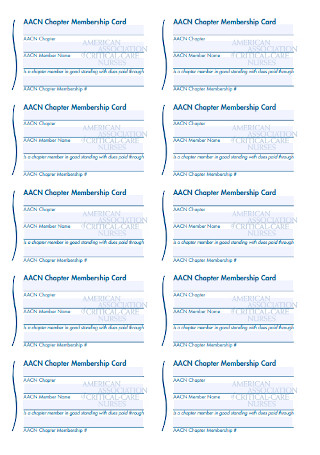
Chapter Membership Card
download now -
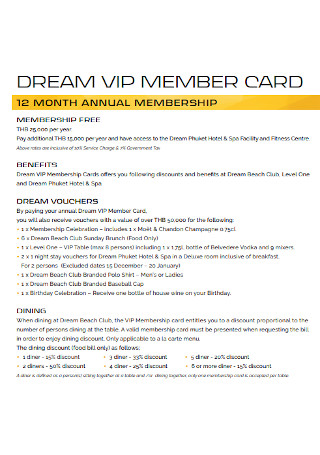
Dream Membership Card
download now -
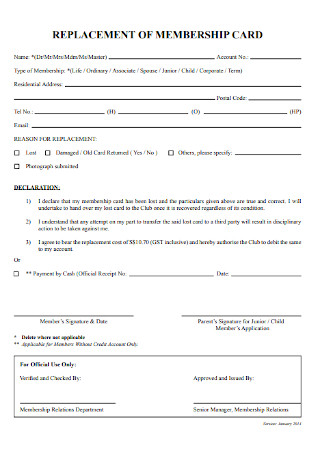
Basic Replacement Membership Card
download now -
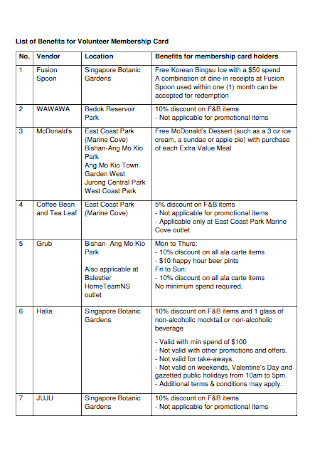
List of Benefits for Volunteer Membership Card
download now -
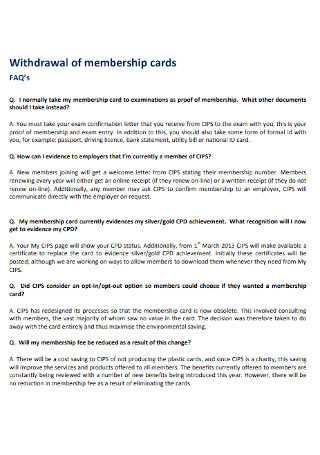
Withdrawal of Membership Cards
download now -
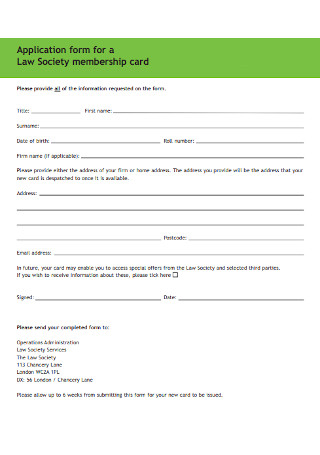
Application form for a Law Society Membership Card
download now -
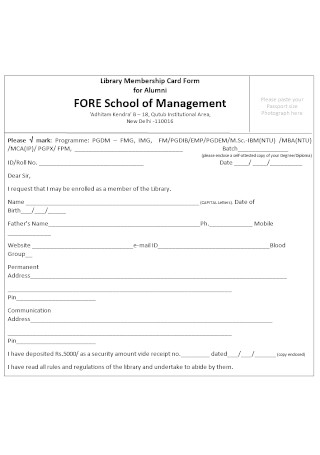
Library Membership Card Form
download now
FREE Membership Card s to Download
Membership Card Format
Membership Card Templates
What is a Membership Card?
Purpose of a Membership Card
FAQS
What industries benefit from membership cards?
What features should a membership card have?
Are digital membership cards better than physical ones?
How do I design a professional membership card?
What is the cost of creating membership cards?
Membership Card Format
Front Side:
- Card Title: (e.g., “Gold Membership” / “Premium Member”)
- Positioned prominently at the top or center.
- Logo:
- Top-left or center of the card.
- Member Name:
- Full Name (e.g., John Doe).
- Positioned centrally or slightly lower.
- Membership ID:
- Unique identification number (e.g., #12345678).
- Membership Tier:
- (Optional, e.g., “Silver,” “Gold,” or “Platinum”).
- Valid Until:
- Membership expiry date (e.g., Valid Through: 01/2026).
- Barcode/QR Code:
- For scanning purposes, placed at the bottom-right or back side.
- Contact Information (Optional):
- Small font at the bottom (e.g., www.website.com | customer care: 123-456-789).
Back Side:
- Terms & Conditions (Small Text):
- Short summary of card usage terms (e.g., “This card is non-transferable and valid only for registered members.”).
- Benefits Section:
- List major benefits briefly (e.g., “Access to exclusive events, discounts, and rewards”).
- Emergency Contact (Optional):
- (If relevant for premium memberships).
- Design Elements:
- Subtle background patterns or brand-specific visuals.
- Magnetic Strip (If applicable):
- For swipe functionality.
- Hologram (Optional):
- For added security.
Gym Membership Card
Membership Visiting Card
Membership Card for Hotels
Membership Card for Hospital
What is a Membership Card?
A membership card is a physical or digital card issued by an organization to its members as proof of membership. It provides access to exclusive privileges, discounts, or services based on the organization’s offerings. Typically personalized with the member’s details, the card symbolizes loyalty and affiliation. Membership cards are used in various sectors, including retail, fitness, hospitality, and clubs, to strengthen connections with members and enhance their overall experience.
Purpose of a Membership Card
1. Building Member Loyalty
Membership cards encourage repeat engagement by offering special privileges like discounts, rewards, or exclusive access. By providing tangible benefits, they create a deeper connection with members, fostering long-term loyalty and trust.
2. Enhancing Brand Identity
A membership card acts as a branding tool, reinforcing the organization’s identity. The design, logo, and quality of the card leave a lasting impression on members, making the brand memorable and recognizable.
3. Increasing Revenue Opportunities
Organizations benefit from membership programs by generating recurring revenue through membership fees. Additionally, members are more likely to spend on exclusive offers or upgrades, driving further profitability.
4. Providing Personalized Benefits
Membership cards allow organizations to tailor benefits and services based on individual member preferences. Personalized perks make members feel valued, enhancing their satisfaction and engagement.
5. Encouraging Community Building
Membership cards create a sense of belonging and exclusivity among members. They promote a community-driven approach where individuals feel connected to the organization and its values.
How to Create a Membership Card
Step 1: Determine Membership Benefits
Clearly outline the benefits you want to offer to members. Decide whether the card will provide discounts, rewards, or access to exclusive services. Ensure that the benefits align with your organization’s goals and are appealing to your target audience. Having a well-defined set of perks will make the card more valuable.
Step 2: Choose a Card Type
Select the format of the membership card—physical, digital, or both. Consider factors such as convenience, cost, and audience preferences. For example, digital cards are ideal for tech-savvy users, while physical cards work better for those who prefer tangible items. Choosing the right type ensures the card’s practicality and usability.
Step 3: Design the Card
Create an eye-catching design that reflects your organization’s brand identity. Include elements like the logo, colors, and fonts that align with your branding. Ensure the card is visually appealing and includes member details such as name, ID number, and expiration date. A well-designed card leaves a lasting impression on members.
Step 4: Personalize the Card
Incorporate personalization to make the card unique for each member. Add features such as the member’s photo, name, and membership tier. This not only adds a personal touch but also prevents misuse. Personalization enhances the value of the card and builds a stronger connection with the member.
Step 5: Distribute and Manage Cards
Once the cards are ready, distribute them to members through a reliable method, such as in-person delivery, mail, or digital downloads. Implement a system to manage memberships, track usage, and renew cards when needed. Proper management ensures smooth operations and member satisfaction.
FAQS
What industries benefit from membership cards?
Various industries, such as retail, fitness, hospitality, entertainment, and clubs, use membership cards to enhance member engagement, drive sales, and promote exclusivity.
What features should a membership card have?
A membership card should include the member’s name, ID number, expiration date, and any membership tier or level. Additional features like QR codes or magnetic strips for digital integration can add convenience.
Are digital membership cards better than physical ones?
Digital cards are more convenient and environmentally friendly, but physical cards offer a tangible experience that some members prefer. The choice depends on the target audience and organization’s goals.
How do I design a professional membership card?
Use a design that reflects your brand identity, including your logo, brand colors, and fonts. Ensure it is visually appealing and includes all necessary details like member name, ID, and expiration date.
What is the cost of creating membership cards?
The cost varies based on the type of card. Physical cards involve printing costs, while digital cards may require app or software development. Both options can be customized to fit the organization’s budget.
